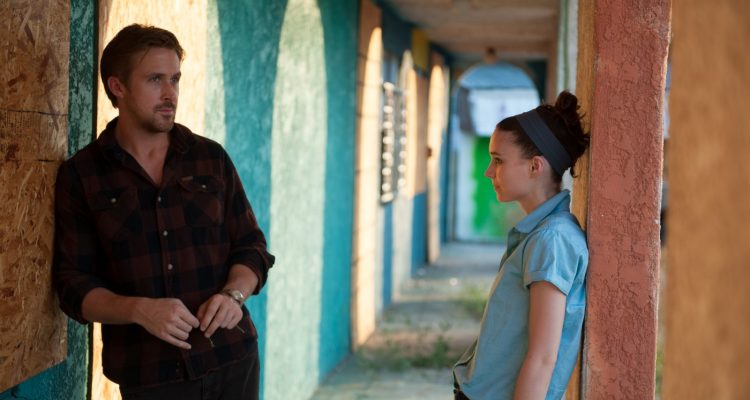From “To The Wonder” to the recently released “Song To Song,” Terrence Malick‘s increasingly freeform style has seen him fall out of favor with many critics. The director’s approach of late has been focused on trying to capture spontaneous, one of a kind of moments, which has meant giving his actors pages on the day of the shoot, and leaving every narrative possibility open to be explored. Malick has often relied on “torpedoing” actors into various scenes, to create surprising, unexpected outcomes. For some, this leaves his works of late unfocused and unmoored, while for others, the results are intriguingly experiential. However, it sounds like the director himself is ready to go back to more solid footing.
At a Q&A following a screening of “Voyage of Time” at Washington D.C.’s Air and Space Museum (detailed by And So It Begins…), the increasingly public Malick (who also sat down for a chat last month at SXSW), spoke out his regret, of sorts, about ditching a traditional script.
“Well, , there was a script, which was the evolutionary history of the universe [audience laughs]. And lately – I keep insisting, only very lately – have I been working without a script, and I’ve lately repented the idea. The last picture we shot, and we’re now cutting, went back to a script that was very well ordered,” he said. “There’s a lot of strain when working without a script because you can lose track of where you are. It’s very hard to coordinate with others who are working on the film. Production designers and location managers arrive in the morning and don’t know what we’re going to shoot or where we’re going to shoot. The reason we did it was to try and get moments that are spontaneous and free. As a movie director, you always feel with a script that you’re trying to fit a square peg into a round hole. And with no script, there’s no round hole, there’s just air. But I’m backing away from that style now.”
That’s a fascinating, candid admission, and it does sound like Malick’s next picture, the WWII drama “Radegund,” will be strikingly different than his latest trio of movies. It would also explain why it’s being turned around so fast, with reports suggesting it could be seen by this fall. Editing is a lot smoother when you’re shooting from a blueprint, rather than creating it as you go. However, don’t expect a return to “Days Of Heaven” or “Badlands“-era Malick either — he says those pictures feel quite distant to who he is today.
“I think you’re strangely unconscious of change yourself, the way you’re unconscious of your own face. You’re changing but you’re not realizing you’re changing. But you hope that you’re on track with something; that you’ll keep changing. But those early pictures [of mine] feel strange, and five lifetimes ago,” he said about how he’s evolved as a director.
“Song To Song” is now playing.

